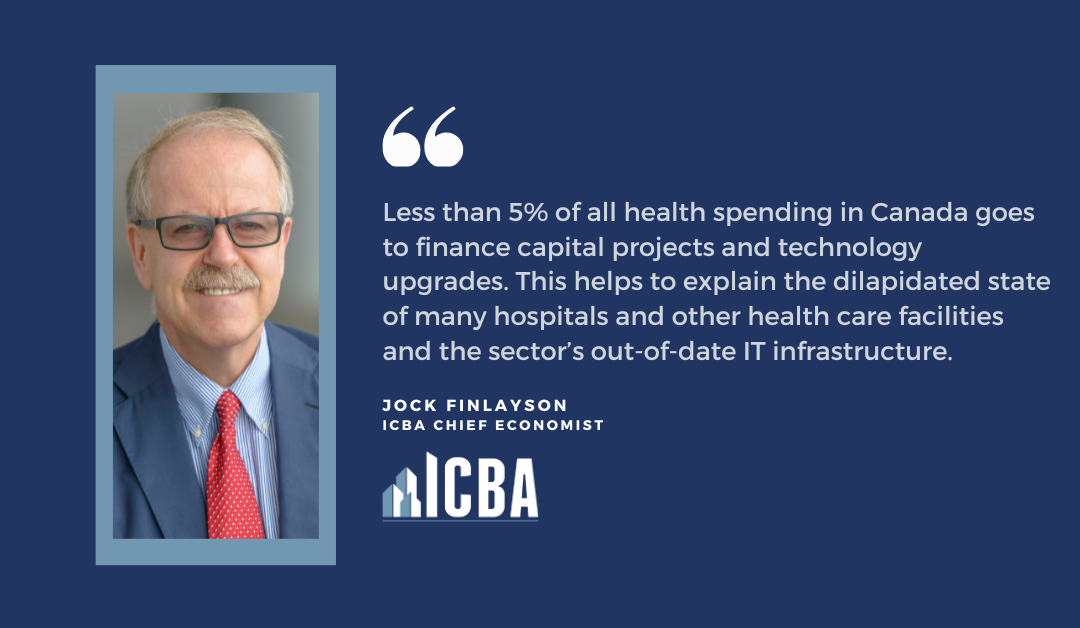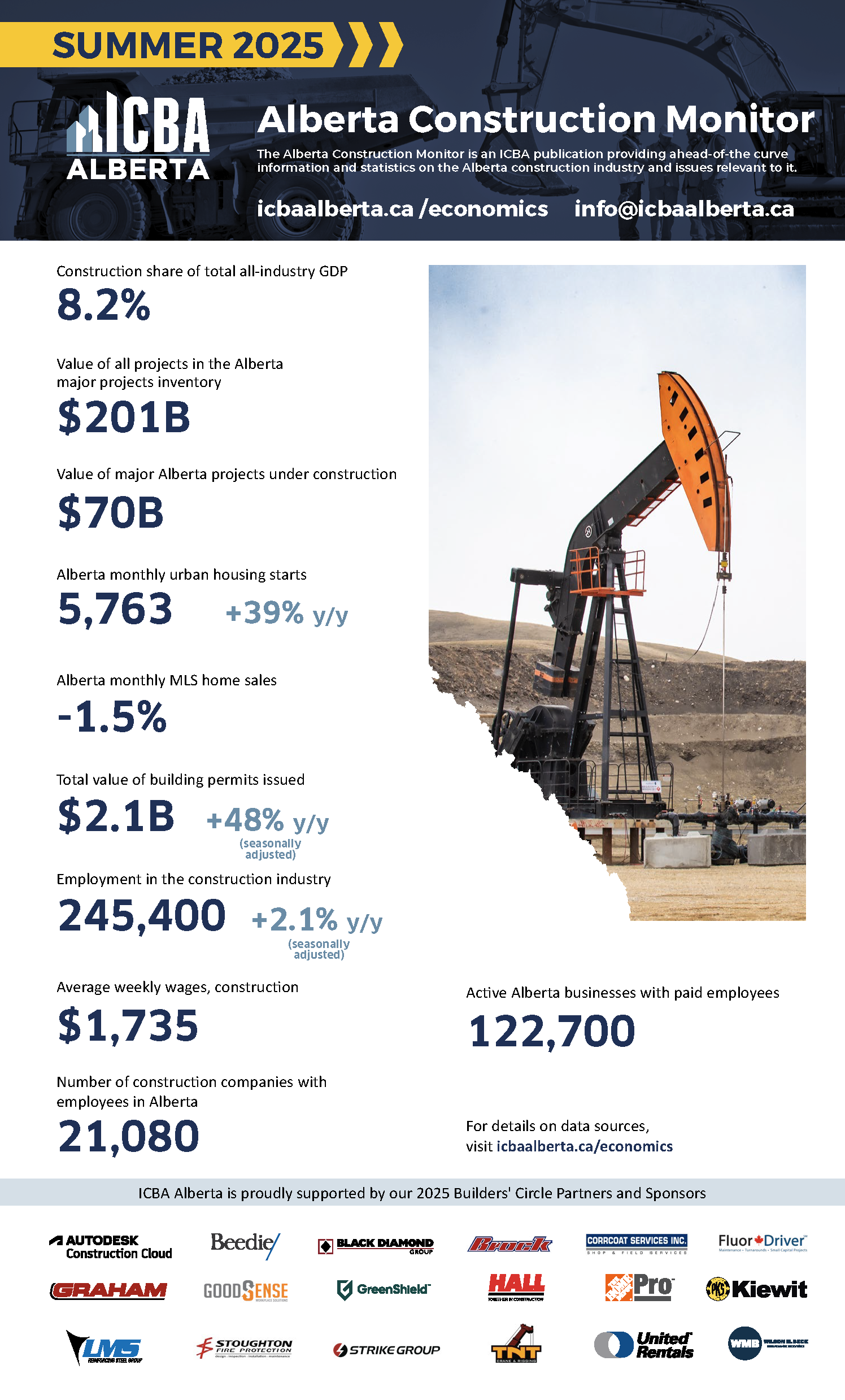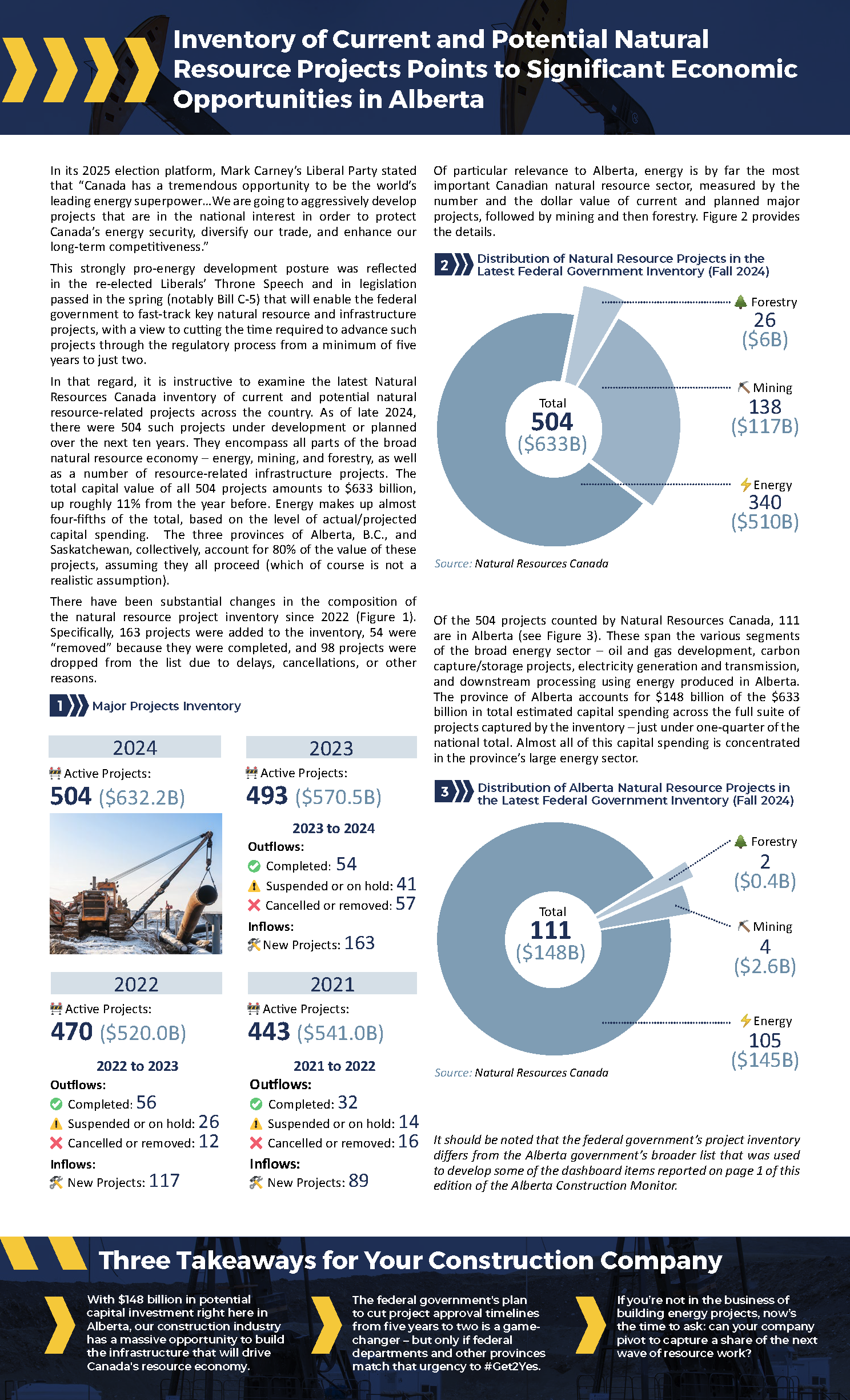Jock's Top Story
A Snapshot of Trends in Canadian Health Care Spending
Health care stories have become a staple of the daily news, with millions of Canadians struggling to find a doctor, hospital emergency rooms frequently overwhelmed, and the country’s once vaunted “public” health care services appearing to crumble. If there is a root cause of what increasingly looks to be a failing “system,” one is hard-pressed to conclude that it’s a lack of money. Canada currently devotes 11.2% of its GDP to health care. Among advanced economy jurisdictions, only the U.S., Germany, France, and Sweden allocate larger fractions of GDP to provide health services.
According to the Canadian Institute for Health Information’s (CIHI) latest review, overall health spending is on track to reach $400 billion this year, up 4.2% from 2024. Measured in current dollars, health care outlays have approximately doubled since 2010.

About Jock Finlayson
Jock Finlayson is Chief Economist for the Independent Contractors and Businesses Association (ICBA), Canada’s largest construction association. He is the first Chief Economist in ICBA’s 50-year history. Analyzing industry trends, market conditions, and economic factors to provide insights and forecasts relevant to the construction sector, he advises ICBA and its members on developments in the business and policy environment affecting the construction sector and the broader economy and assists in strategic planning and public policy advocacy.
Previously, Mr. Finlayson served as Executive Vice President and Chief Policy Officer at the Business Council of British Columbia. In that capacity, he directed the Business Council’s work on economic, fiscal, tax, environmental, regulatory, and human capital issues of interest to the largest employers in the province and the wider business community.
Prior to returning to B.C. in 1994, Mr. Finlayson was Vice President of Research at the Business Council of Canada, a leading business association in Ottawa.
Mr. Finlayson holds a master’s degree in business from Yale University, undergraduate and M.A. degrees from UBC, and an honorary Doctor of Laws from Royal Roads University.
He is the author/coauthor of two books and more than 50 published articles, book chapters and monographs. A frequent commentator on economic, business, and public policy issues, Mr. Finlayson writes regularly for Business in Vancouver, the Globe and Mail, The Orca, Black Press, Troy Media, and Postmedia.
From 2007 to 2013, Mr. Finlayson was a member of the Board of Directors of the Bank of Canada, where he chaired the Corporate Governance Committee and the Fellowship Committee and served on both the Pension Committee and the Human Resources Committee. He is a past member of the National Statistics Council, the principal advisory body to the Chief Statistician of Canada, and previously sat on the Boards of the Institute for Research on Public Policy, the Canada West Foundation, and Genome BC. From 2019 to 2021, he was a member of the Expert Panel on Housing Supply and Affordability jointly appointed by the B.C. and federal governments.
Mr. Finlayson is a Senior Fellow at the Fraser Institute, a Fellow of Royal Roads University, and past president of both the Association of Professional Economists of B.C. and the Ottawa Economics Association. He resides in West Vancouver with his wife Marlene.

How to Join
To join, click on the “Apply Now” button below and fill out the online membership form. We will review and process your application within one business day.
If you have any questions or require assistance,
please contact our Member Services Team at 1.800.663.5384 or 587.315.3319



